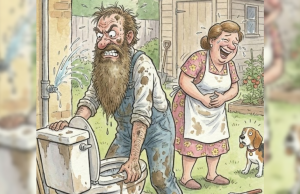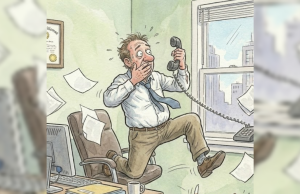Reasons Why You Should Stop Rinsing Your Mouth With Water After Brushing Your Teeth

Almost everyone rinses their mouth with water after brushing their teeth. But is it really better for dental hygiene not to rinse your mouth? However, the debate is far from over. Let’s take a look at the pros and cons of rinsing after brushing, so you can decide if it’s time to shake up your dental care routine.
1. Why should you rinse your mouth with water after brushing your teeth?
Rinsing your mouth with water removes the chemicals in your toothpaste that produce fluoride and help your body avoid cavities. Fluoride makes teeth resistant to cavity-causing bacteria and other substances, but once it’s gone, teeth are defenseless. If you spit out the foam after brushing your teeth, you will leave behind a good amount of the fluoride compound that helps prevent tooth decay.
To maximize the cavity-fighting benefits of fluoride, spit out the excess toothpaste but do not rinse your mouth. Also, try to avoid eating or drinking for 10 minutes or more after you finish brushing your teeth.
2. Why you shouldn’t rinse your mouth
One of the main reasons why it’s also important to rinse your mouth with water after brushing is that toothpaste often contains chemicals that should not be ingested or they can cause irritation.
It is also important to rinse your mouth to remove any remaining bacteria after brushing your teeth.
3. Should I rinse my mouth or not?
There is no general consensus among experts on whether you should rinse your mouth with water after brushing your teeth or not.
However, you should consider skipping the rinsing step if you are prone to tooth decay. Leaving the fluoride layer on your teeth after brushing will help protect you from cavities. Instead of putting a whole line of toothpaste on your brush, use a pea-sized amount and brush your teeth. This way, you won’t leave excess toothpaste in your mouth and the fluoride in it will have enough time to protect your teeth.
On the other hand, if you feel more comfortable continuing to rinse your mouth after brushing, this method also has benefits. Rinsing can help remove plaque after flossing, get the taste of toothpaste out of your mouth and keep you from swallowing too much fluoride.
In the end, the most important thing to remember is to practice good dental hygiene every day.
Source:carlsbaddentistry.com, icondentalcenter.com, ng.opera.news


















